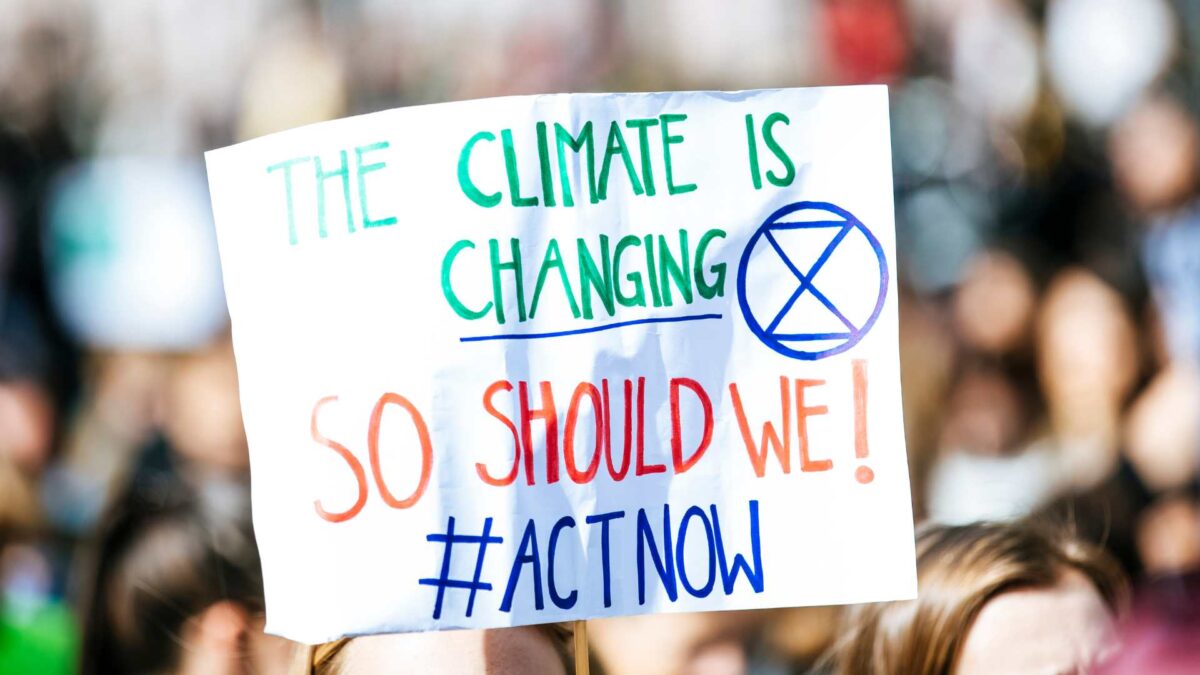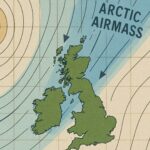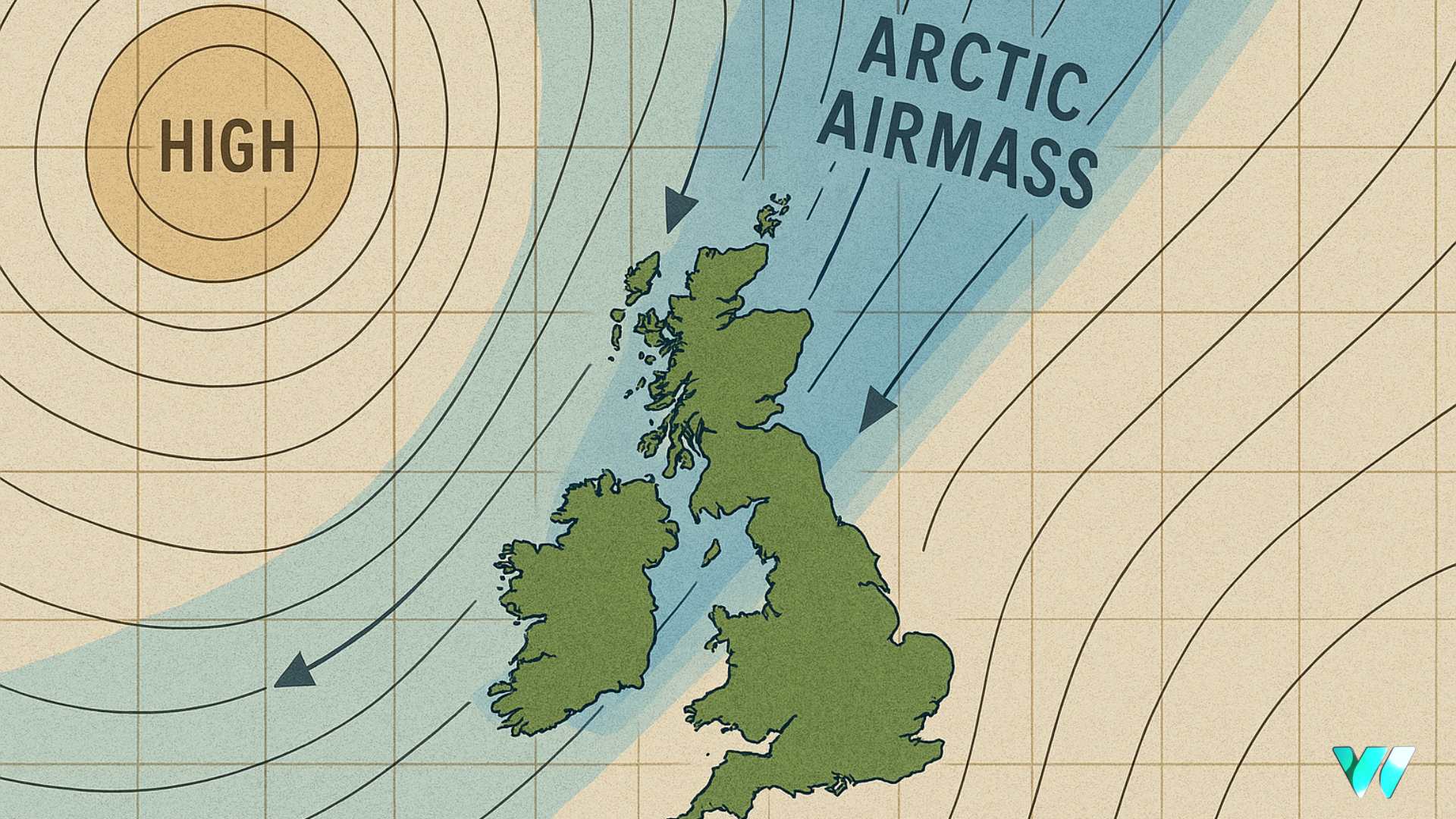
Europe warned to step up climate readiness

European countries have made steady progress in planning for climate adaptation, yet a new review warns that far more needs to be done to turn plans into real action. The European Environment Agency (EEA) said its latest assessment shows that implementation and evaluation remain weak at a time when climate risks across the continent are rising sharply.
All 32 EEA member countries now have national adaptation policies. This covers the 27 EU Member States along with Iceland, Liechtenstein, Norway, Switzerland and Türkiye. Seventeen countries have written adaptation into national or federal climate laws, reflecting a growing legal commitment to climate resilience.
The findings are set out in a new EEA briefing that tracks developments in national adaptation policies and highlights continuing gaps. The analysis is based on 2025 data submitted by EU countries under the Governance Regulation, supported by voluntary reports from Iceland, Switzerland and Türkiye.
Heatwaves, floods, droughts and heavy rainfall were again the most common short term climate hazards reported in 2025. Longer term pressures continue to come from rising temperatures and changes to water supply. A growing number of countries said water scarcity is now a concern, pointing to shifting risk profiles and intensifying pressures.
Agriculture and food production were the most frequently affected sectors, followed by health, biodiversity, forestry and energy. Compared with 2023, more countries reported wider sectoral impacts. The EEA said this reflects a broader understanding of how climate risks are spreading and underlines the need for reliable information to support preventative planning.

The review found that national climate risk assessments are improving but vary in quality and scope. Many countries are now more closely aligned with the European Climate Risk Assessment published by the EEA in 2024.
The agency said the need for better planning and stronger implementation is becoming urgent as extreme weather grows more frequent and economic losses increase. It added that proactive, evidence based adaptation is essential to protect people, ecosystems, infrastructure and the wider economy while supporting Europe’s competitiveness and security.
The EEA also highlighted continuing barriers. Countries report difficulty accessing suitable data and decision making tools. Roles and responsibilities for adaptation remain unclear in many jurisdictions. Limited funding and a lack of local capacity continue to hold back progress. Monitoring and reporting systems are improving but evaluation remains weak, making it hard to measure what is working and what is not.
The EEA has also published its annual Trends and Projections in Europe report which tracks progress towards EU climate and energy targets. Both reports are issued alongside the European Commission’s State of the Energy Union and Climate Action Progress Report 2025.
The latest briefing was the third in an ongoing EEA series that examines Europe’s progress towards climate resilience. It draws on national submissions made under the Regulation on the Governance of the Energy Union and Climate Action, along with voluntary inputs from Iceland, Switzerland and Türkiye.
Share this WeathÉire story:






